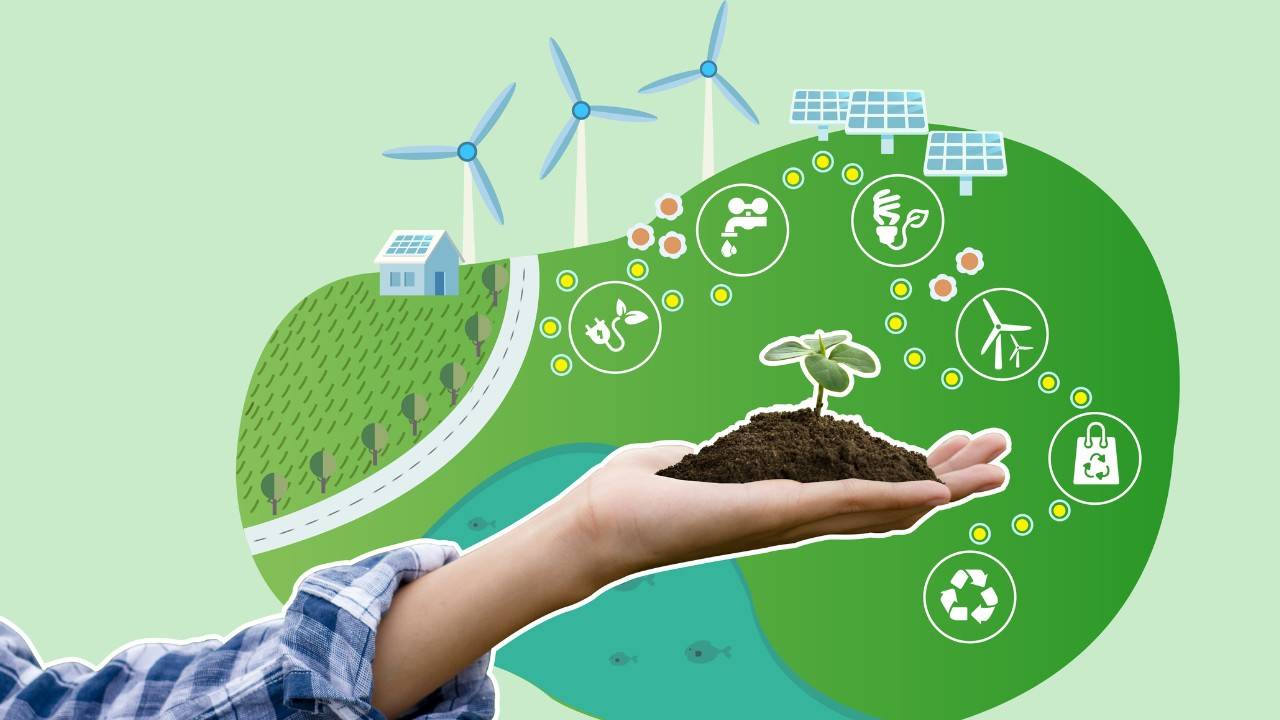In a landmark move, nearly 120 nations have come together at the COP28 climate conference in Dubai, vowing to significantly boost the planet’s renewable energy output by 2030. Spearheaded by European Commission President Ursula von der Leyen, along with COP28 President Sultan al-Jaber, this ambitious initiative seeks to reshape the global energy landscape.
The Global Pledge on Renewables and Energy Efficiency, unveiled at the World Climate Action Summit, marks a significant stride in international cooperation against climate change.
“With this Global Pledge, we have built a broad and strong coalition of countries committed to the clean energy transition – big and small, north and south, heavy emitters, developing nations, and small island states,” von der Leyen announced. She emphasized the collective goal to phase out fossil fuels in line with the Paris Agreement’s 1.5°C target, highlighting a strategy that includes tripling renewable energy capacity and doubling energy efficiency improvements.
This groundbreaking initiative, aligning with the European Green Deal, proposes expanding global renewable energy capacity to at least 11 terawatts (TW) and doubling the annual energy efficiency improvement rate to four percent by 2030. This approach is pivotal for reducing reliance on fossil fuels and advancing global decarbonization efforts.
Von der Leyen underscored the dual benefits of this pledge: fostering green job creation and sustainable growth, and crucially, reducing emissions – the core focus of COP28 efforts. The EU, leading the charge alongside the United Arab Emirates and the United States, has garnered support from diverse nations, including Brazil, Barbados, Chile, Nigeria, Japan, Australia, and Canada.
Developed in collaboration with key international organizations, the pledge reflects a unified global response to the urgent need for clean energy transition. The EU’s commitment extends beyond mere pledges, seeking concrete actions across global energy systems, with a clear emphasis on fossil fuel phase-out as a primary objective at the summit.
The pledge coincides with other significant commitments aimed at decarbonizing energy, responsible for roughly three-quarters of global greenhouse gas emissions. These include reducing methane emissions, expanding nuclear energy, and halting private coal financing.
“This can and will help transition the world away from unabated coal,” remarked al-Jaber, highlighting the pledge’s broader implications.
An annual review mechanism will track progress towards the ambitious targets of 11 TW in renewable capacity and a four percent yearly improvement in energy efficiency. The European Commission, in partnership with financial institutions like the European Bank for Reconstruction and Development and the European Investment Bank, is dedicated to fulfilling these commitments.
Countries most affected by climate change have stressed the importance of aligning this pledge with a broader commitment to phase out fossil fuels at COP28. Climate envoy Tina Stege of the Marshall Islands cautioned against the risk of ‘greenwashing’ by countries expanding fossil fuel production alongside renewable commitments.
Advocates for renewable energy, like Kaisa Kosonen of Greenpeace, emphasize the need for regulatory measures to phase out fossil fuels, paving the way for a future dominated by renewable sources like solar and wind.
In summary, COP28 has witnessed a pivotal moment in the global fight against climate change, with nearly 120 nations uniting to radically transform the world’s energy landscape towards a more sustainable and renewable future.
More inspiring green news similar to this:

